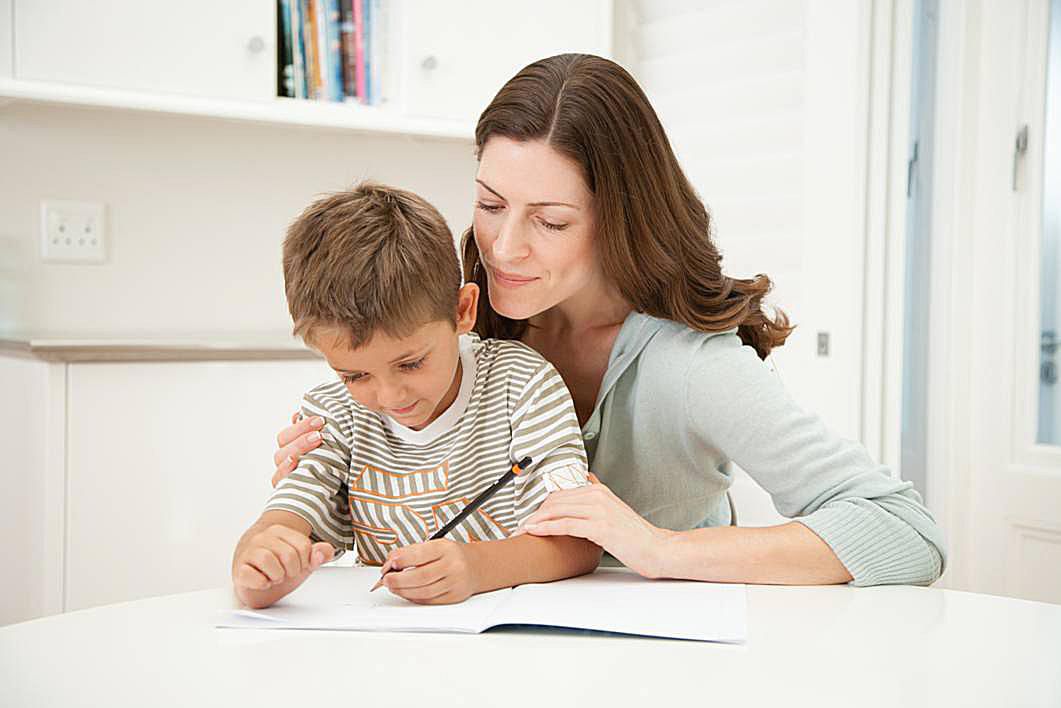Schools across the UK increasingly rely on closed-circuit television (CCTV) systems for security and monitoring purposes. As a parent, you might wonder about your rights to access this footage. While there is no automatic entitlement, certain circumstances allow parents to view CCTV recordings. In this article, we explore the legal framework, parental rights, and practical considerations related to school CCTV.
Legal Framework for School CCTV
-
Data Protection Act 2018 (DPA): The primary law governing CCTV use in schools is the DPA. It outlines guidelines for collecting, storing, and using personal data, including footage captured by surveillance cameras. Schools must process data fairly, securely, and transparently. The Information Commissioner’s Office provides detailed guidance to ensure compliance.
-
UK General Data Protection Regulation (GDPR): Schools must have a lawful basis (such as public interest) for operating CCTV and be transparent about its use. Privacy notices and appropriate signage are essential. Balancing legitimate needs with privacy rights is crucial.
-
Surveillance Camera Code of Practice: If CCTV is used for crime prevention, schools must adhere to these standards. The system should be proportionate and not excessively intrusive.
Parental Rights and Access
-
No Automatic Right: Parents do not automatically have the right to view school CCTV footage. However, they may request access under data protection laws.
-
Legitimate Reasons: Schools consider parental requests on a case-by-case basis. Legitimate reasons might include concerns about a child’s safety or well-being.
-
Process: Schools should have clear policies outlining the process for parental requests. While there is no fixed procedure, it typically involves submitting a formal request to the school.
-
Alternatives: Instead of granting direct access to footage, schools may provide incident summaries or relevant information. This balances parental concerns with student privacy.
Practical Considerations
-
Privacy vs. Security: Schools must strike a balance between maintaining a safe environment and respecting privacy. CCTV should not infringe excessively on students’ rights.
-
Transparency: Schools should communicate openly about their CCTV systems, including their purpose, locations, and retention periods.
-
Parent-School Communication: Parents should engage with schools to understand their policies and procedures regarding CCTV.
Conclusion
While parents do not have an automatic right to view school CCTV footage, schools should handle requests thoughtfully, considering both privacy and security. Clear communication and transparency are key to fostering trust between schools and parents.


Leave a Reply
You must be logged in to post a comment.